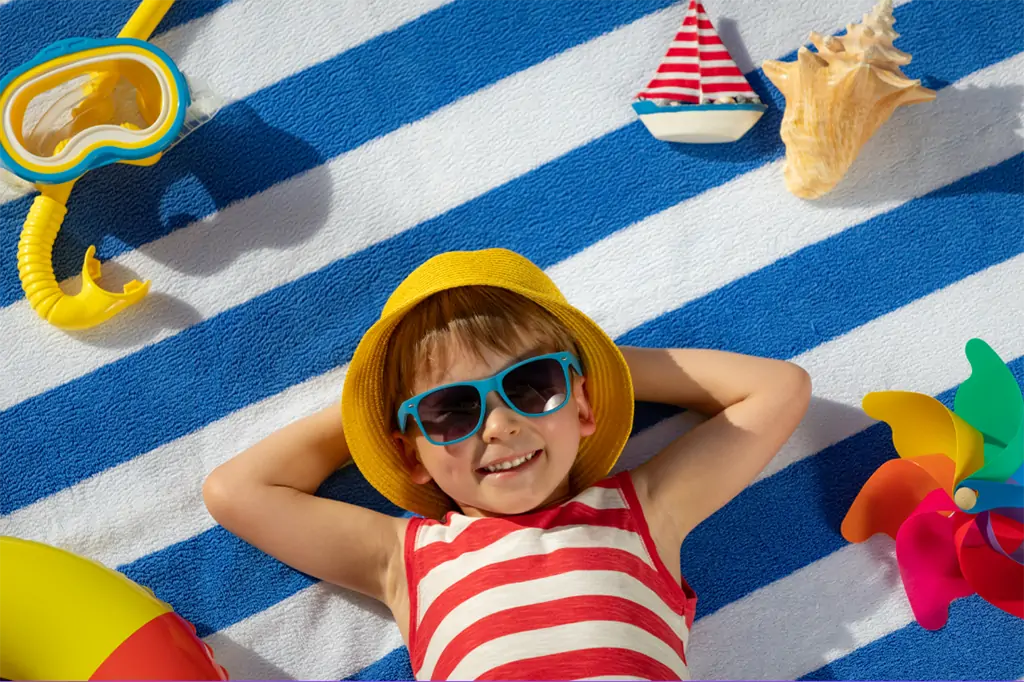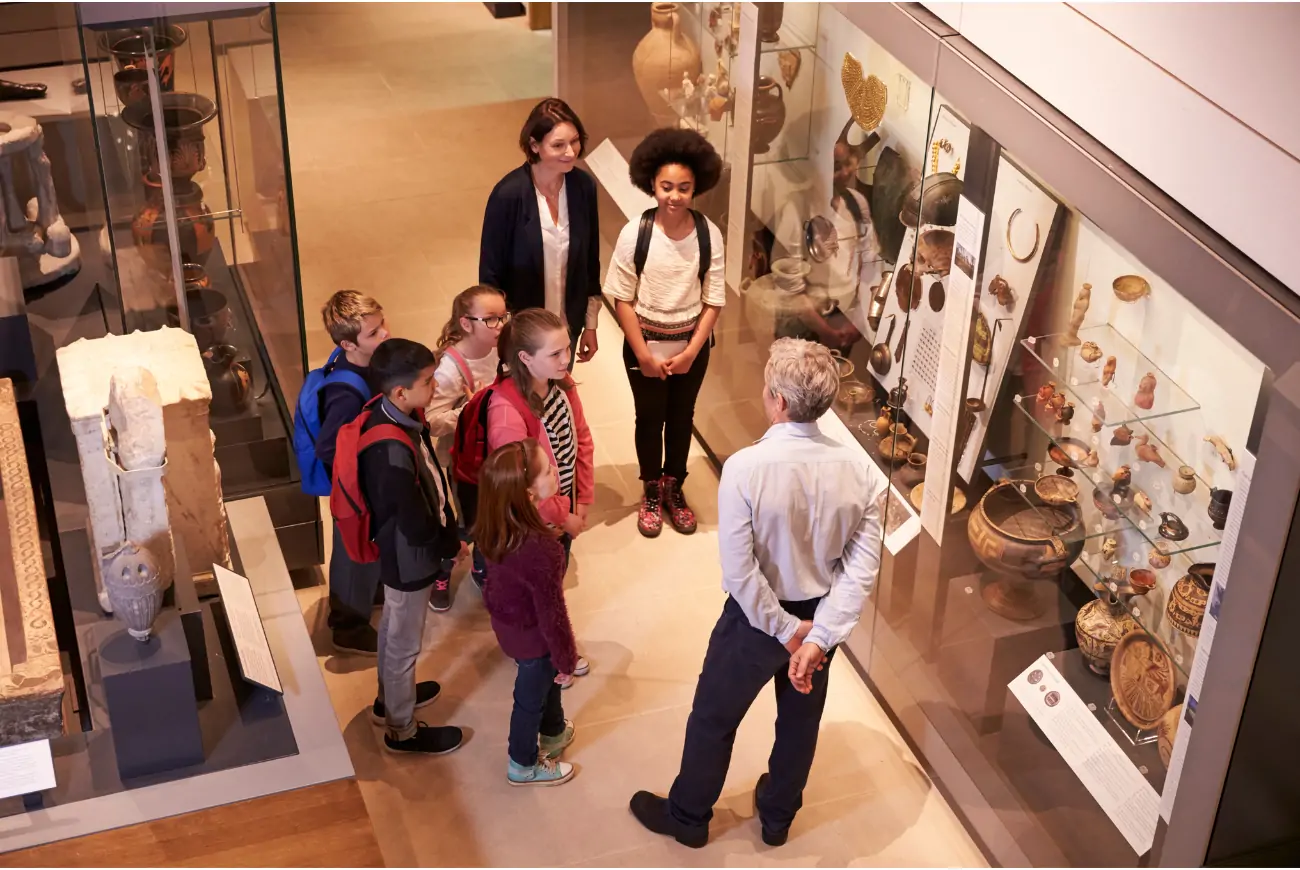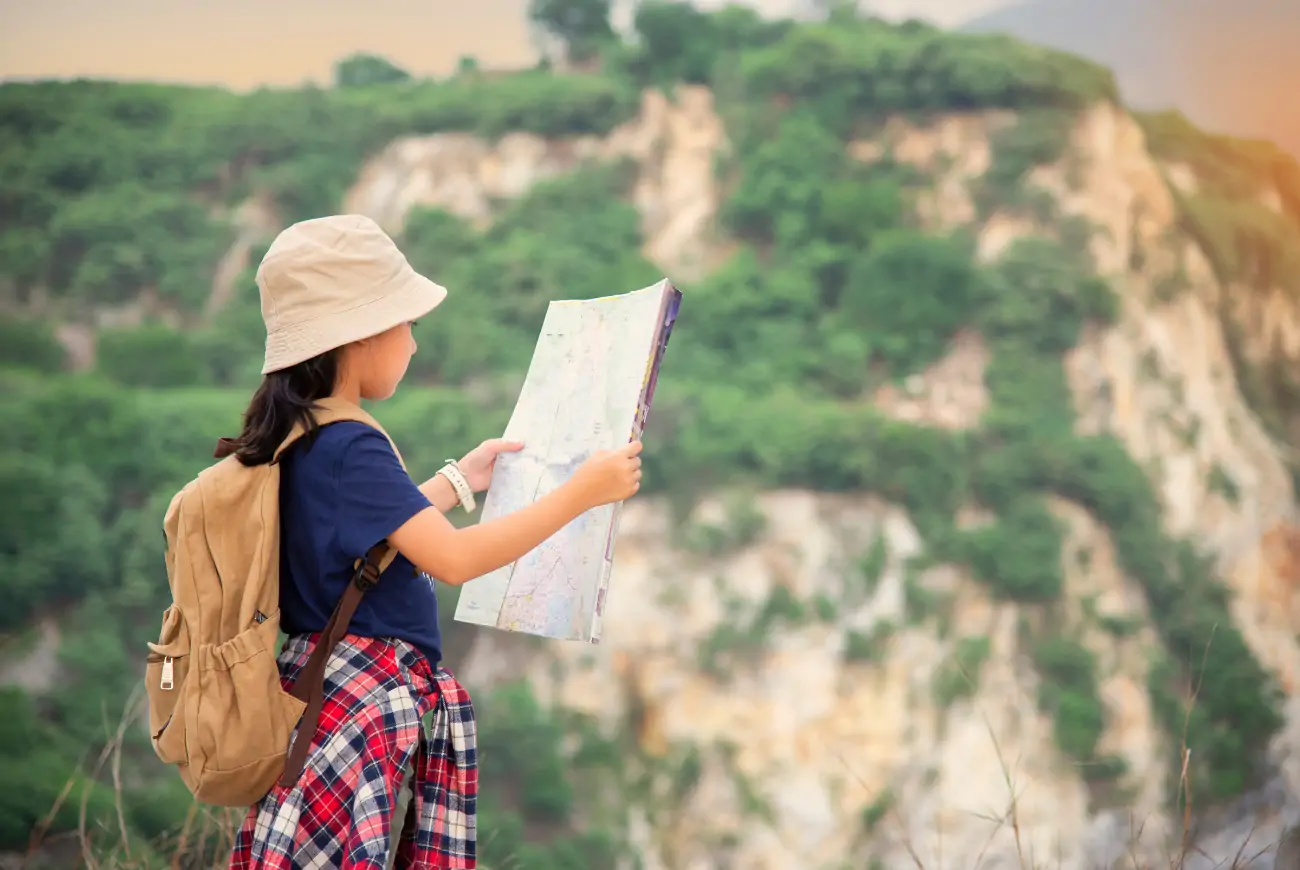How Travelling Helps Children to Understand the World
11 min read
Last Modified 28 August 2024 First Added 15 August 2024

Children, especially when they’re young, soak up so much from the world around them. Whether this is the mannerisms of parents, influences from school, or even discovering cultural opportunities. Travel exposes your little one to so much more, giving them unique experiences. It can help them develop in several ways and teaches important lessons and skills. From embracing cultural diversity and encouraging an open mindedness to exposing them to new ideas that can help them become more intellectually advanced. If you can give your child the opportunity to travel, no matter how little, you can help them to develop and understand the world.
Travel can help children understand the world by exposing them to various cultures and experiences, but this also helps them to develop many important skills. From early years through to teenagers, travel can teach a lot to your kids and help with their overall development.
Experiencing other cultures can help a child’s communication skills as they learn how other cultures communicate. They will also learn the importance of understanding another person’s point of view. For instance, Western society tends to be individualistic, whereas Asian societies tend to be more collectivist. A child who has only experienced one of these societies can find it hard to understand the reasons behind what someone from another culture will do.
Another way travel will help children with communication skills is by exposing them to other languages. For young children, it may come as a shock that not everyone speaks the same language as them! If there is a language barrier, your little one will learn how to get their point across despite this. Learning to communicate when there is no common language will do wonders for your kids’ communication. They will also likely pick up some words as they interact with other children and locals.
Also, you can use travel as an opportunity to help them learn a second language, which helps support later cognitive and language development. Help them to learn simple words and phrases that they will need in the language of the country you are travelling to, which will help them to develop language skills. Check out our simple language games for children to get started.

There’s only so much you can learn in a classroom or at home. Travel allows children to immerse themselves in other cultures and get out of their familiar surroundings and comfort zones.
Travel gives children the opportunity to see things first-hand that they may only hear about otherwise. Exposing your little one to less developed countries can help them to learn about the issues facing other people in the world and realise the privileges they have. This will help them to look with a balanced view in later life.
Getting away from the familiar can help encourage your child’s curiosity. As you travel, they will likely have questions about a variety of things. As you reach a new place, they will see many new and wonderful things, and they’ll likely want to see more. The more you explore, the more you want to explore, and the more your child’s curiosity will develop.
By seeing other cultures and different people when travelling, your little one will learn about inclusion and will develop empathy. They can hear stories from other people and join in with local games or events. In being included, they will learn the importance of including others.
Travel goes hand-in-hand with meeting new people, and this helps children to develop empathy and compassion. As they learn about someone else’s life experience, they will gain an understanding of different lives, which helps with developing empathy. When you hear another person’s story, you can imagine what it would be like to live that experience.
Although it’s important to teach “stranger danger”, it’s important that this doesn’t become an irrational fear or lead to bias. By letting children meet new people from different countries, you can lessen any bias they may learn. However it’s important to remember they will look to you for your reaction, especially when they are young. You’re more likely to fear what you don’t understand, and this is true for kids. Humans crave the familiar, so the more cultures and people you expose them to, the more familiar the differences become, reducing bias.

Travelling is a great way to help your child learn about responsibility. You can get them to pack their own bag, whether for a week trip or a day out. That way, they’ll also learn what they need for a trip. When they’re young, supervise them and help them with this, and as they get older, let them do this by themselves.
For older children, you could give them some pocket money in the local currency and allow them to treat themselves. But once that money has run out, it’s run out.
Wherever you travel, something will likely go wrong at some point. A bus won’t turn up, a flight will be delayed, the ice cream vendor won’t have their favourite flavour, etc. When something goes wrong, it’s an opportunity to help your children learn to be adaptable. The world doesn’t end because something isn’t quite right, turn a positive out of the situation instead.
You can also use this as a problem-solving opportunity. Let your children help you find a solution to the problem. If the bus hasn’t turned up, how else can you get to your destination? How can you change your plans to make a positive from something going wrong? This will help develop problem-solving skills that they can use elsewhere and as they grow.
When you step out of your comfort zone and have fun, you gain confidence, and it’s no different for your little one. When you let your child help with making plans and packing, they will also develop confidence.
As your child becomes confident in themselves, they will learn independence too. This will help them in the future with making decisions on their own.
If a child only experiences life in their own home bubble, they won’t appreciate how good they have it. Living in the Western world is full of privileges: fresh water on tap, central heating, a comfortable bed, a car, and even simply being able to travel is a privilege. These can all be taken for granted if your child is never exposed to other places. Simply going to another place, especially a developing country, can show your child that they have these privileges, which can help them appreciate what they have. This can also help them to understand that the world is different for others and that some have a much harder life.
One way to avoid fussy eating is to expose children to a wide variety of foods from a young age, and travel can be great for this. When travelling, your little one will be exposed to a variety of different foods; you can encourage them to try these, expanding their palate. They can also learn about how different cultures cook food, where different foods come from, and traditional dishes.
And if they like something they try when travelling, why not recreate it at home?
A classroom can only teach so much; there’s nothing that teaches quite so well as going to a place where something happened. For older children, why not travel to historic sites that they are learning about in school? Experiencing the place will help cement their learning and help them to learn beyond the curriculum.
Travel can also include trips to museums and galleries, where children can learn more about the world around them. Every country and every city has their own wealth of museums and galleries; many have activities that are suitable for young children and will help them learn and develop their interests.

Having shared travel experiences creates a family bond, as you’ll have quality time together and create memories together. Everyday life is full of busyness and distractions; travel gives you all something to focus on and do together without these distractions.
Even planning trips together can be a bonding experience. You’ll learn about each other’s interests and help your child to discover what they like.
You can travel with your child as early as you want! In fact, the earlier you expose your child to a range of different things, the better. And travel is a great way to give your little one this exposure.
Many parents worry that their child won’t “remember” their experiences if they travel too young. But this is nothing to worry about, just because they don’t fully remember the experience, it doesn’t mean it hasn’t helped them to develop or learn in some way. The experiences, the new sights, the new sounds, and the different places all help your child develop and learn about the world, even if they don’t remember it exactly.
We don’t all have the opportunity to pack up and lead a nomadic life! So how can you ensure your little one gains the benefits and teachings of travel if you have limited time to do this? Luckily, you can still help your child to learn about the world, even at home; here are some travel-related activities you can use to gain all the learnings of travel:

Whether you can go on big trips or stay around your local area, travel can help children to develop and learn. They will learn about other people and cultures, and develop empathy, confidence and more. No matter how old your little one is, simply getting out with them will help them develop and learn about the world.
Head to our Childhood Adventures blog to learn more about your child’s development.
Read our disclaimers.